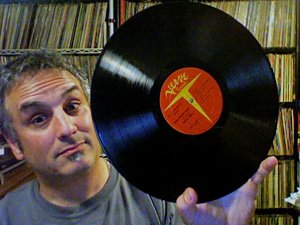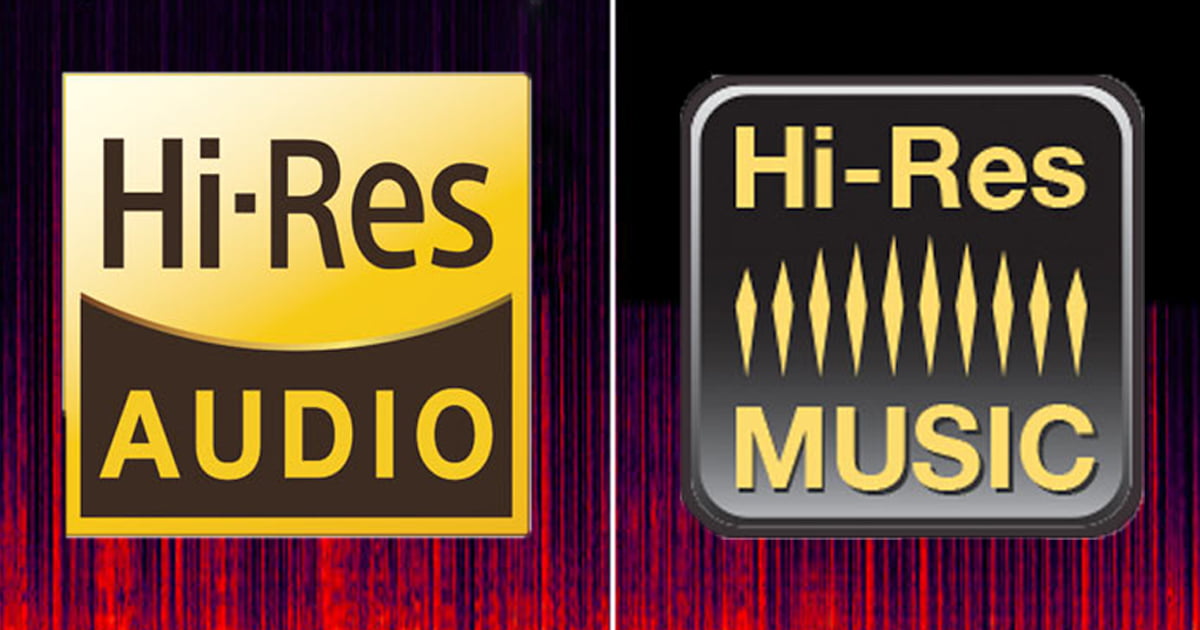It’s the time of year for saving money!
I’ve long felt that David Crosby’s first solo album If I Could Only Remember My Name is one of the most beautifully recorded and overall beautiful albums in music history. Not just rock or folk rock history. Just in general.
There is so much gorgeous sound and musical innovation on this album it is hard to describe in a word or even 1600 words. This music is in a rare league of full-album experiences which take the listener on a rich journey each time you play them. It is music where the artist accomplished a special magic, lightning captured in a bottle, if you will.
I put If I Could Only Remember My Name on a equal footing with albums like Eno’s Another Green World, John Coltrane’s A Love Supreme, Joni Mitchell’s Blue, Jeff Buckley’s Grace, Zappa’s Hot Rats, Springsteen’s Born To Run, The Flaming Lips’ Yoshi Battles The Pink Robots, Radiohead’s OK Computer and The Grateful Dead’s American Beauty.
The latter is a particularly good touch stone as it was crafted with support of the same engineer, Stephen Barncard. He not only recorded the album spectacularly back in 1971, but also oversaw the new remaster and restoration work done with the help of Plangent Processes. But I’m getting ahead of myself…. hold on to that thought for a moment…
If I Could Only Remember My Name doesn’t really sound like any of those aforementioned albums. However, they do share a pureness of purpose, one of those moments where everything — the songs, the production, the performance — came together delivering a timeless recording which continues to resonate with listeners decades beyond its release.
The new 50th Anniversary edition of If I Could Only Remember My Name features lovely new remastering which happily sounds great on a standard CD — and if you know my writing, you know that I don’t often consider the CD an optimal format — and fantastic on certain digital streams (more on that in a bit). If someone puts the TLC into the processes required for delivering a 16-bit CD reduction of a recording, it can sound good. This version even sounds better than my CD from 2006. There are numerous reasons why…
If you have been following my reviews you know I am a fan of Plangent Processes, a tremendously innovative technology driven by its inventor Jamie Howarth. Prior to Plangent, there was no way to eliminate common and significant defects in the tape recording process such as “wow” and “flutter” which can impact what you actually hear on your home stereo playback (click here for a wiki page with more detail on the phenomenon).
Now, this technology can correct those problems, effectively removing a layer of sonically destructive mechanical interference, letting you hear the music as it was actually performed. Plangent has dramatically improved the remastered recordings by no less than Bruce Springsteen and The Grateful Dead.While several of my reviews talk about Plangent, our former editor Steven Stone wrote an excellent overview which I encourage you to read for more insight into what it is about (click here).
After talking with Mr. Howarth for clarification and insights on their accomplishments on this project — and to get some recommendations of details to listen for — I went back and compared and contrasted. For this review I listened to the earlier high resolution DVD Audio Disc’s 192 kHz, 24-bit stereo mix compared to the new 50th Anniversary edition of If I Could Only Remember My Name versions which you can find streaming on Tidal and Qobuz, in MQA and Hi Res formats, respectively. I wanted to get as close as I could to an apples-to-apples listening scenario.
What’s that? You didn’t know there was a DVD Audio Disc version of If I Could Only Remember My Name? Yes, it came out in 2006 and has been one of my favorite demo discs for it’s stunning 5.0 surround sound mix (96 kHz, 24-bit). I’ll be honest: I have rarely bothered listening to the Stereo version on the DVD-A since I love that surround sound experience (I also have a well loved white label promo copy of of the album on vinyl, which has its own charms). Anyhow, this re-immersion into the two-channel version has been akin to listening with fresh ears.
As good as the stereo mix on the 2006 DVD-A sounds, one of the first things I noticed on the new Plangent Processes restored streaming version is a greater sense of the instruments, their woodiness and physical space in the studio, especially as the progressively higher fidelity instruments are added in on opening track “Music Is Love.” The smack of how the band kicks in on “Cowboy Movie” impacts more powerfully now. Listen close and you can make out all the different hand-claps which lock in tight with drummer Bill Kreutzmann’s snare punch.
There is much much more resonance of the studio present on tracks like “Laughing” (again, evident on Kreutzmann’s snare). Those gorgeously recorded guitars shimmer and chime even more beautifully than ever as Jerry Garcia’s pedal steel ascends to the heavens, buoyed by Phil Lesh’s melodic-sympathetic bass support. Joni Mitchell’s high harmony toward the end is super present now as you can make out the distinct individual voices in the choral stack (if you will) which Crosby constructed there.
The autoharp sprinkles raining down on “Traction In The Rain” have always sent a shimmer down my spine but now that moment makes me fully shudder. Crosby’s acoustic guitars sound amazing here with incredible presence and sustain. And, again, now you more distinctly make out the individual voices singing back up harmonies.
When you are on the streaming services, you can easily switch between the new Plangent restored version and the earlier 44.1 kHz version and the difference is palpable, especially if you are listening through a high quality DAC — the old version sounds good but the level of detail is blurred, less distinct, and not as realistic in comparison.
Those of you who are set up to listen to high resolution streams should jump to Tidal (click here) and Qobuz (click here) to hear for yourself.
As great as these high resolution streams of the 50th Anniversary edition of If I Could Only Remember My Name are, a good reason to buy the physical disc is to read the fine new liner notes by Crosby’s longtime friend and music (and science) writer Steve Silberman. In his thoughtful, insightful notes, Steve reveals a detail about the making of this recording that gave me yet another clue as to why this album sounds so remarkable (further justifying the work of Plangent Processes).
In addition to Mr. Barncard’s innovative microphone placement techniques, and having the luxury to record the album at 30 inches per second (capturing the richest possible sonics), it turns out that Crosby himself had a special “secret sauce” (if you will) that elevated these guitar recordings to a new plateau: his own ears!
Recounting a quote from CSNY archivist Joel Bernstein in the liner notes: “David had an unusual ability to not just tune guitars perfectly but to micro-tune them with striking accuracy, which gives the sound an unmistakable edge. Instead of a knife, you end up with a samurai sword that can cut paper.”
Now I mentioned earlier that I’ve long been a fan of the 5.0 surround mix of If I Could Only Remember My Name — when I first heard that version I was knocked out by how tremendous the guitars sounded (and also the way they incorporated Phil Lesh’s bass in that mix). There is a richness in this recording that goes beyond the norm and now we have some insights into why… It is not just my inner fanboy thinking “hey mannnn, this sounds amazing.” There is a technical reason why it sounds different. That alone should make many of you audiophiles out there start to listen to this album if you don’t have it already.
The new bonus tracks on the 50th Anniversary edition of If I Could Only Remember My Name include many demos and session outtakes (note: those are not restored with the Plangent Processes technology). Perhaps the biggest revelation for me here is that much of the sound Crosby was envisioning began around 1968 after he’d produced Joni Mitchell’s debut and the chime of her many open tunings were still resonating in his head.
Here we get nine of those early demos including “Tamalpais High (At About 3)” and “Laughing” — the latter is especially powerful realizing how this song appeared to Crosby fully formed so early on.
There is a rocking version of “Cowboy Movie” which features lead guitar from Neil Young (however, I still prefer the album version with Jerry Garcia taking the lead as his playing feels more sympathetic to the music). We also get to hear some beautiful vocal workouts by Croz including a deep reverb chant-like piece called “Bach Mode.” There is also there a stunningly beautiful ethereal acoustic guitar based piece — supported by what sounds like a Hammered Dulcimer or Cimbolem — titled “Coast Road.”
I will leave you with one last thought/wish: as great as these streams sound, I can’t help but wonder how the 50th Anniversary edition of If I Could Only Remember My Name would sound on a high resolution Pure Audio Blu-ray Disc, free from the whims of the Internet and all the necessary processing which goes into it. This might be a nice special edition for Rhino Records to consider issuing. Just sayin’….
The new 50th Anniversary edition of If I Could Only Remember My Name is an essential listen. And again, if you get the physical product you not only get the cover art and liner notes, you know that you are more directly supporting the artists, engineers and producers involved in bringing this out for us to enjoy. At some point I will hopefully get a copy of the new vinyl edition and will try to update you on how that compares to this new high resolution streaming version.





















